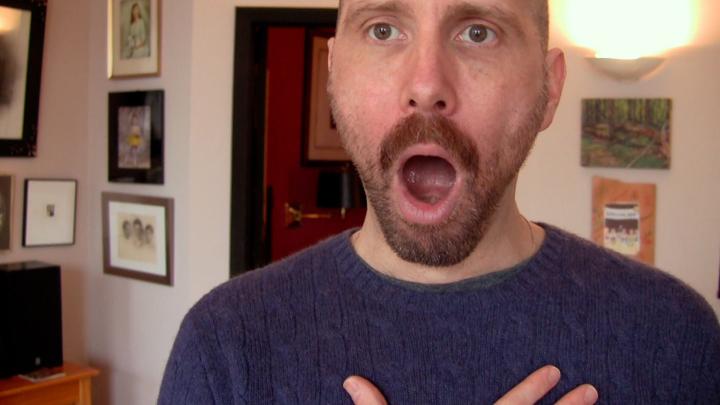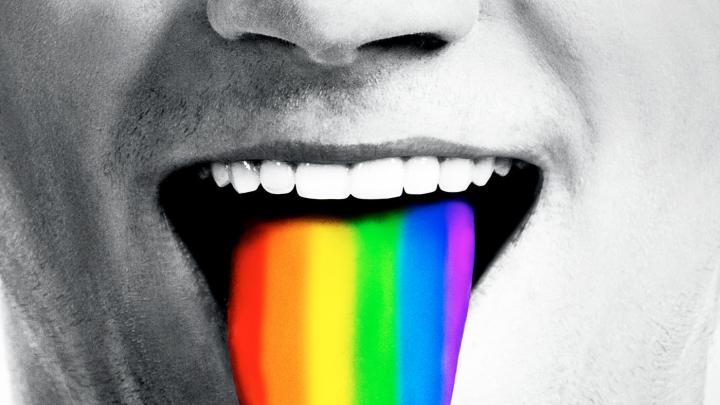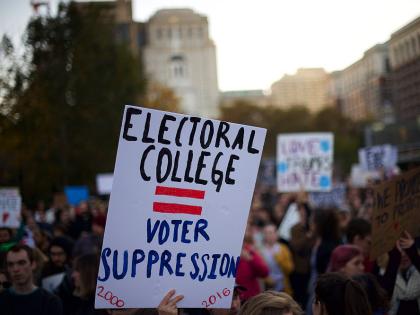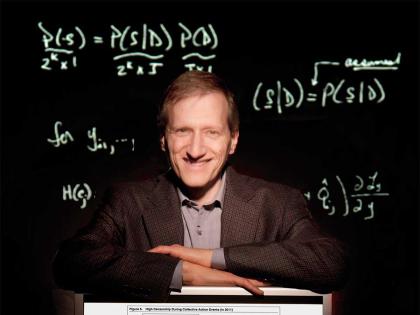David Thorpe ’91 was a fresh-out-of-the-closet sophomore when he decided to take a break from Harvard. He was too caught up with his newly public sexuality to focus on schoolwork—“I need to find out who I am before I can sit in the library and read Hegel”—so he packed up and left for Key West, a popular destination for gay people at the time. Many island residents, from the postman to the pizza deliveryman, were gay. He worked in a clothing store, read in the library, and spent time on the beach. But most importantly, he made friends with “everyone and anyone”—he was eager to share his newly found identity with those around him.
Following this semester-long journey of self-discovery, Thorpe returned to Harvard as a junior. He lived in Adams House, which at the time had the reputation of being a “freaky, artsy, gay place.” This was before the housing lottery, and some students were reluctant to live in Adams despite its convenient location. But there was no other place Thorpe would rather be—he was eager to meet other members of Harvard’s gay community. “I was the one who subtly but consciously made my rooming group put Adams as our number one choice,” he chuckled during an interview.
His post-Harvard years were very much defined by his sexuality as well: as a journalist, he wrote about his experience of being gay for various publications (including Jane, New York, and OUT); he also worked for five years as director of communications for an AIDS advocacy and service group. He had little experience and no formal training in filmmaking, but when, after a breakup, he started to feel a new self-consciousness about the sound of his own voice, Thorpe was compelled to explore a question that only a medium as rich as a film can do justice to: Do I sound gay?
Thorpe’s debut documentary of the same name, released this July, confronts his anxiety about having a stereotypically “gay voice”: a style of enunciation, often considered effeminate, that includes dragging the vowels, over-emphasizing the consonants, and raising one’s pitch at the end of a sentence. In the semi-autobiographical film, Thorpe goes all out to sound more masculine and straight: he visits speech therapists, does voice exercises, and asks friends, relatives, and strangers to comment on his voice. Punctuating his story are appearances by LGBT celebrities—including George Takei, Dan Savage, and Margaret Cho—who share their own insights on the intersections among culture, language, and sexuality.
Dan Cogan ’91, executive director of Impact Partners (a fund for independent documentaries that lent Do I Sound Gay? financial support), said he was hooked by the idea of the film as soon as Thorpe approached him. “On the one hand, the gay voice is something that everyone wonders about and reacts to privately,” Cogan said in an interview. “And yet, nobody talks about it publicly, even within the gay community, though many gay men have tremendous anxieties about it.”
The real question the film seeks to answer is not whether Thorpe sounds gay, but rather why he should feel bad about it, and what that says about our culture. The film concludes that when a gay man dislikes his own voice for being “too gay,” it is a symptom of a deeper problem: internalized homophobia. “The fact that I wasn’t comfortable with my voice was a red flag: I wasn’t proud of being gay,” Thorpe said during an interview. As Savage asks in the film: “What’s wrong with sounding like you are who you are?”
Following a screening in Cambridge last weekend, Thorpe appeared in person and addressed viewers’ questions. One audience member, who had heard Thorpe’s recent interview with Terry Gross on National Public Radio, commented that he sounded “more butch” on the radio. In response, Thorpe admitted to feeling really nervous about appearing on such a popular show. “I was scared straight,” he said, to a roar of laughter from the audience. And then added: “Hopefully I queened it up a little bit.”
Thorpe said he emerged from his first filmmaking stint feeling more confident about himself and his identity. The best way to overcome fear, he said, is to shed light on “that scary thing,” and to ask the tough question. Because the film is narrated by Thorpe himself, the viewer is immersed in Thorpe’s “gay” voice throughout, and has plenty of time to make judgments about it. For someone who used to feel embarrassed by his own voice, undergoing such public scrutiny was a major step forward. “I still have that reflex that my voice sounds bad to me,” he admitted. “But now I have a new reflex: It doesn’t matter. It’s who you are… This whole film was about re-embracing the idea that you should be yourself, which is such a major cliché in our culture. But it’s easier said than done.”










